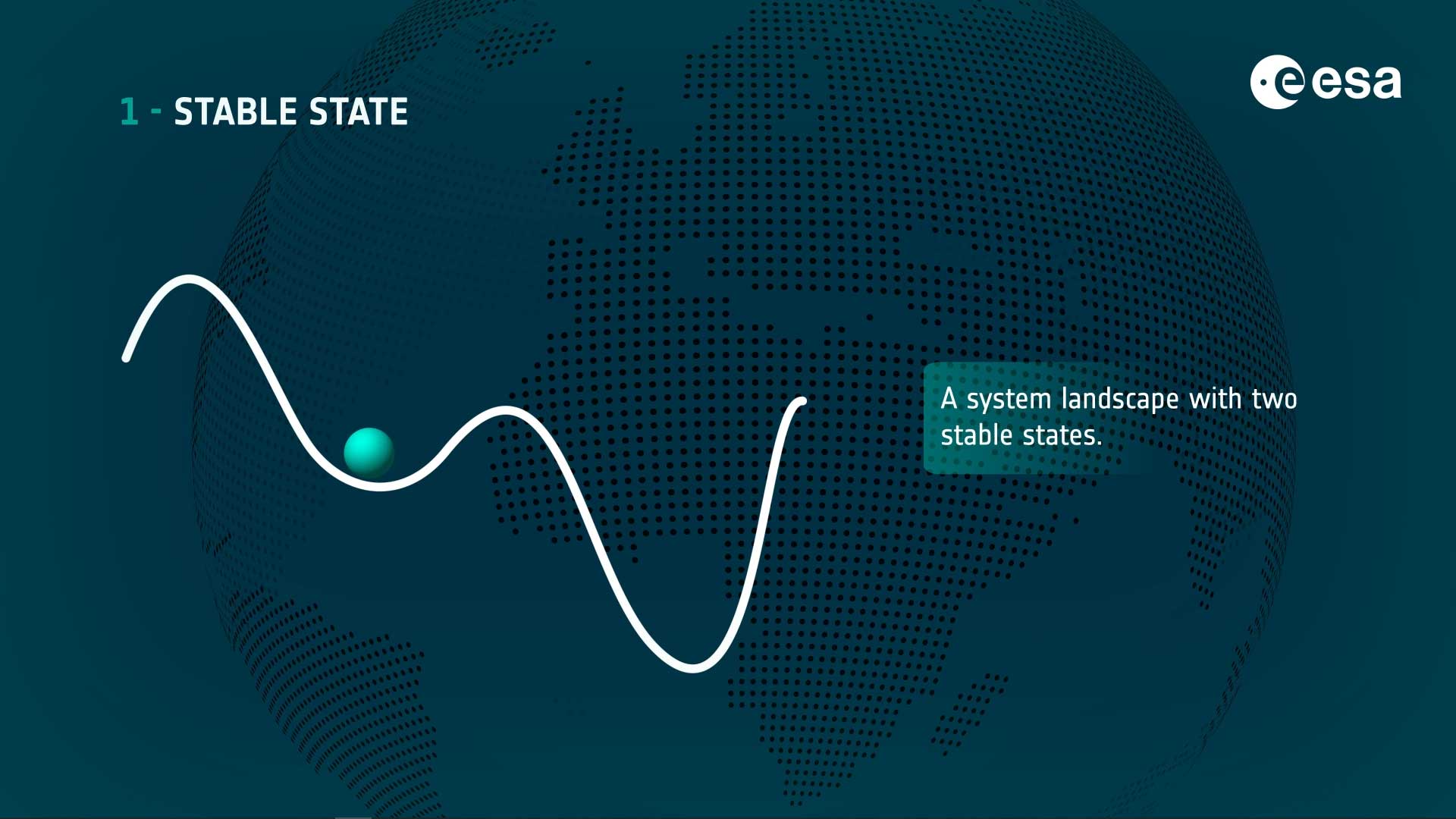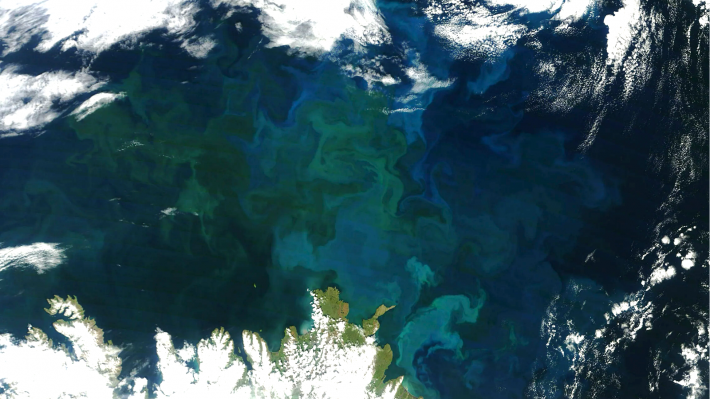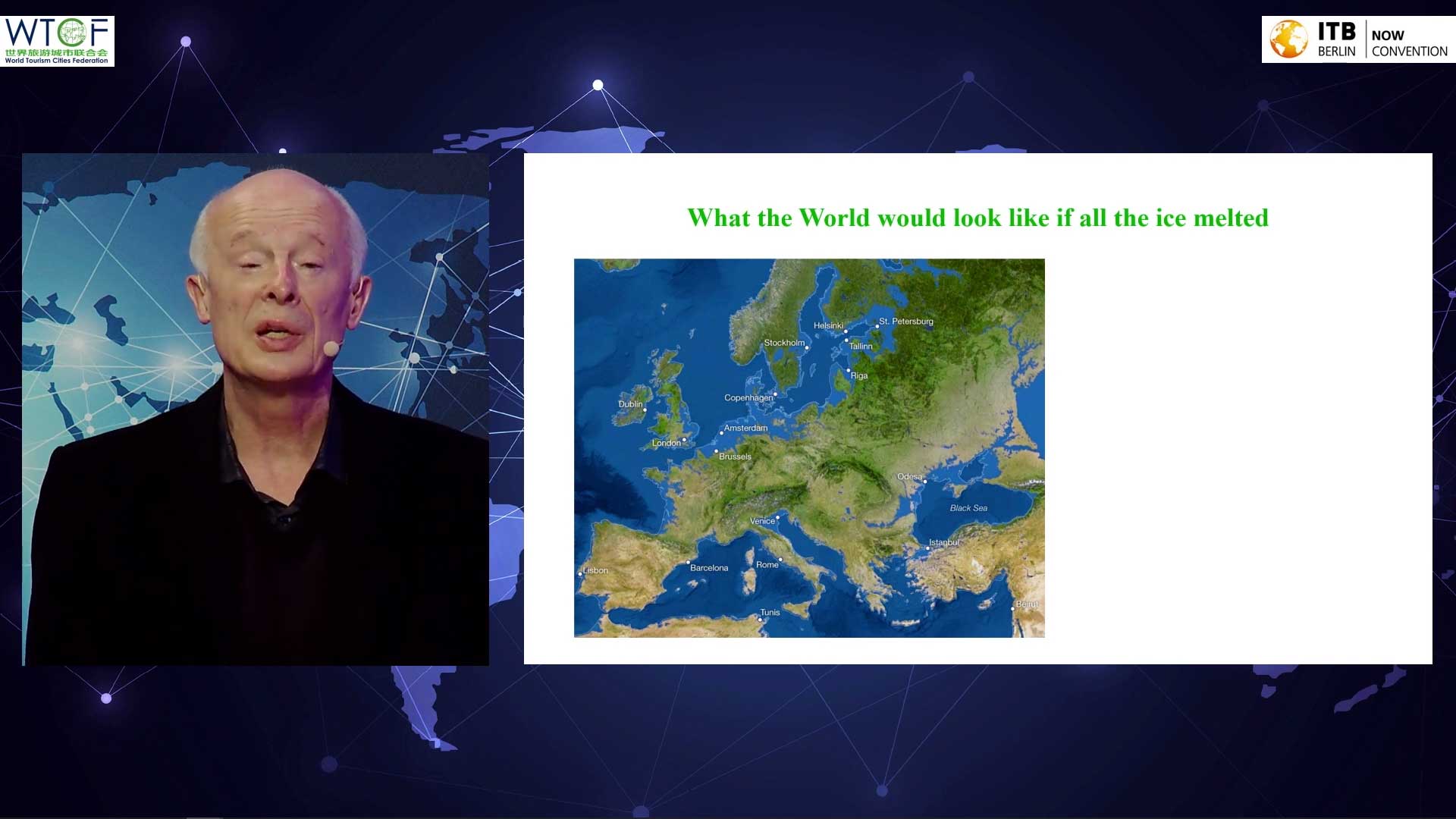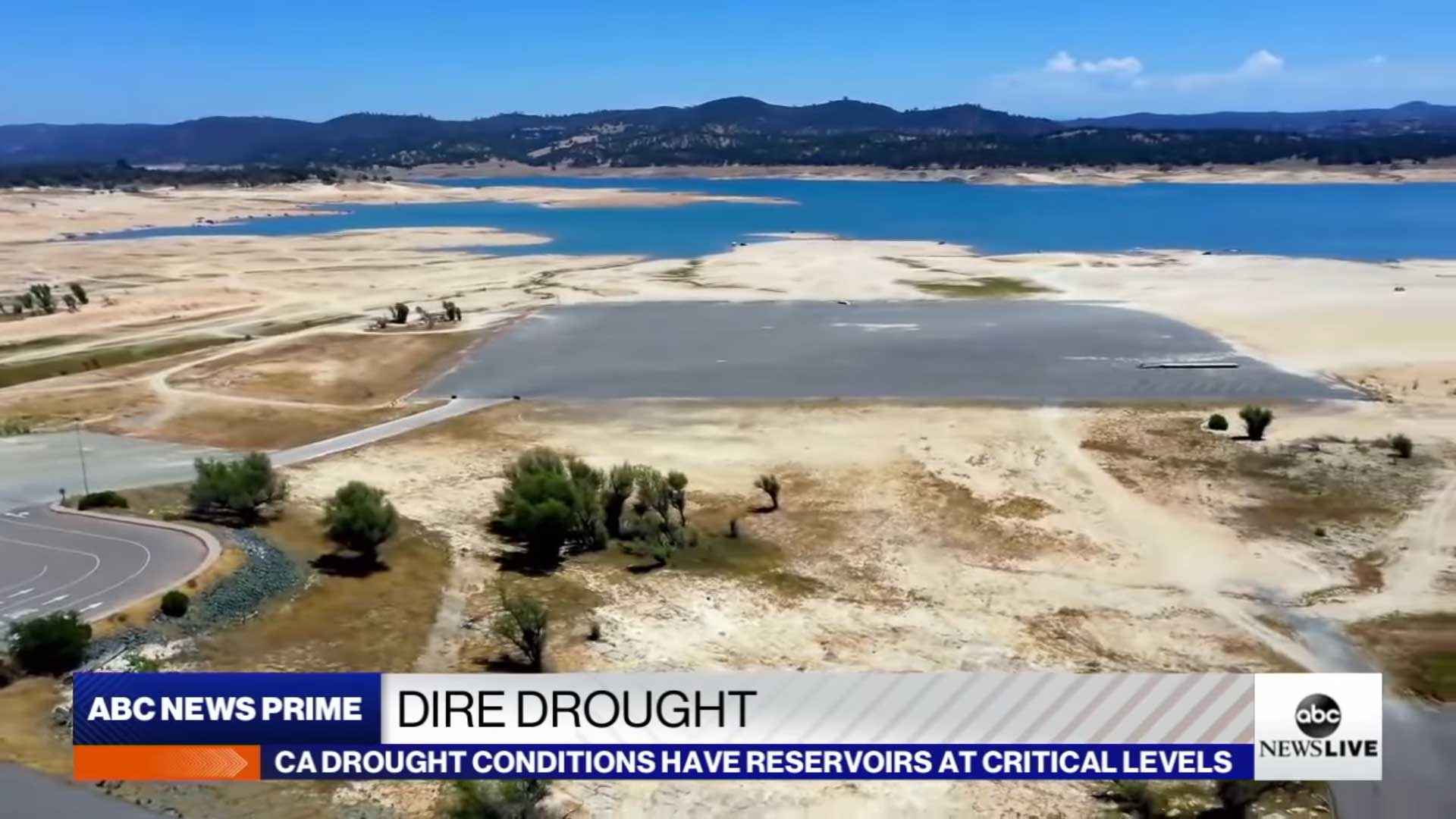Tipping points are critical thresholds in the Earth system where small changes can lead to large and sometimes irreversible consequences. They occur in various interconnected systems, such as ice, ecosystems, oceans, and the atmosphere.
New research indicates that the so-called fire-ice, which refers to frozen methane under the ocean, could be at risk of melting as a consequence of climate change, potentially leading to its release into the sea.
The Atlantic Meridional Overturning Circulation (AMOC), is the Atlantic part of the […]
New research finds that a warming climate could flip globally […]
Large swathes of the world’s oceans are warm. Unusually warm. […]
New research by Australian scientists suggests deep Ocean slowdown within […]
Climate change status quo and scenarios. Speaker: Hans Joachim Schellnhuber, […]
ABC News’ Zohreen Shah reports on climate change fueling dire […]







